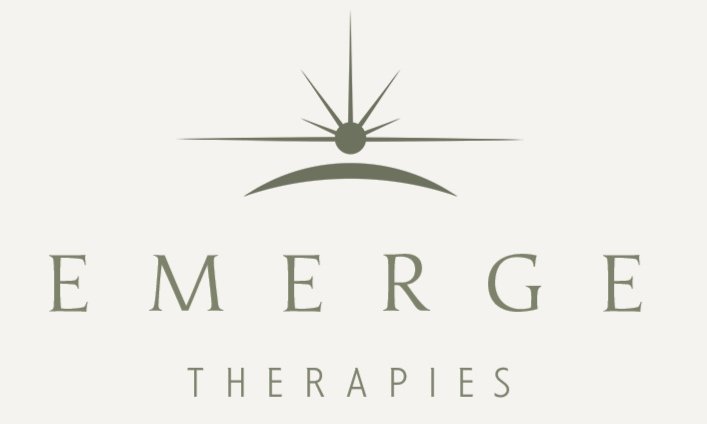
Ready to start your healing journey?
Let’s get in touch
Schedule a free, 15-minute phone consultation
Complete the form and I will be in touch within 2 business days.
If you are experiencing an emergency:
Call 988 to reach a 24-hour suicide and crisis lifeline
Text 'HOME’ to 741741 to connect with a volunteer crisis counselor
Call 911
Go to the nearest emergency room.
questions you may have about therapy
-
LPC Associates: LPC Associates are highly trained post-graduate counselors. They have already completed two years of a rigorous masters degree program, in which they had to complete 700 hours of counseling experience (on average) before graduation. During this time, they received training on various counseling techniques, assessments, and diagnostic skills. After graduation, they then go on to complete their national licensing exam, which allows them to receive their LPC Associate license from the state. This is when the period of clinical supervision begins. During the clinical supervision period, LPC Associates complete an additional 3,000 hours of counseling work over a minimum of 18 months (much like a doctor going through residency) before receiving their unsupervised LPC license. Throughout these 3,000 hours, they are supervised either on or off site by a Licensed Professional Counselor Supervisor who has had a minimum of five-years post license experience and has also taken another rigorous 40-hour course to be certified to supervise. LPC Associates may discuss your case confidentially with their supervisor. When you are receiving treatment from an LPC Associate you receive the benefit of not just your clinician’s knowledge, experience, and expertise, but also the knowledge, experience, and expertise of the Associate’s supervisor as well.
-
We request that you cancel your appointment with at least 24 hours notice to avoid being charged for the full cost of the session.
Exceptions will be made for infrequent, uncontrollable circumstances (i.e. severe inclement weather, school closures, and emergencies).
-
In your first session, we will discuss your reasons for seeking counseling, your medical history, and your current mental health status. We will also review other relevant information, such as personal and family background, to better understand your needs and concerns.
-
The frequency of counseling sessions depends on your needs and treatment goals. Some people may benefit from weekly sessions, while others may only need to attend every other week or monthly. We can discuss and help you decide on the best schedule for your needs.
-
The length of counseling varies depending on your individual needs and goals. Some people may only need a few sessions, while others may benefit from longer-term counseling. We will discuss a plan that works best for you.
